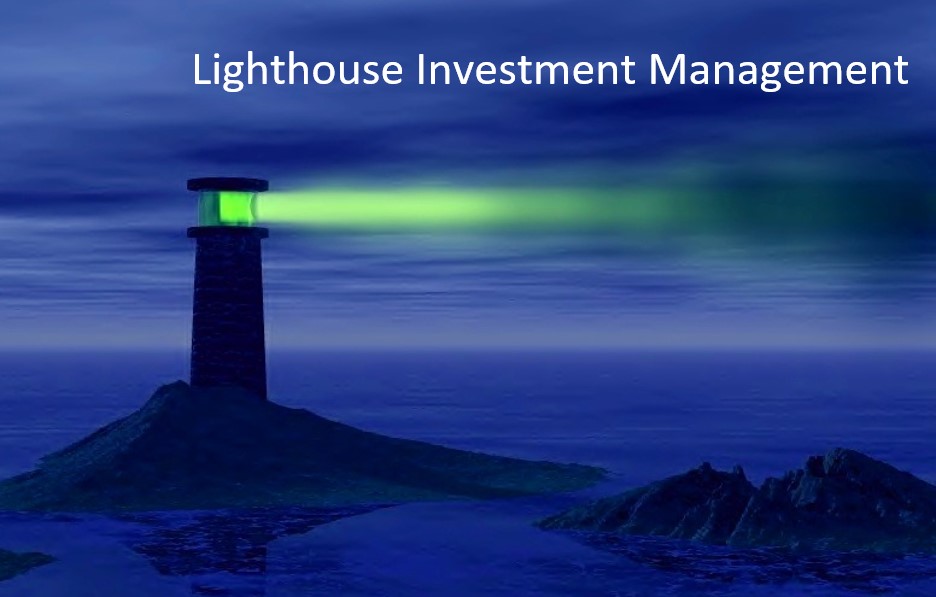- Information is readily available. But 99% is just noise and only 1% is useful. You need to know how to filter important news, and how to interpret them. For example, a major index of US consumer confidence made new 17-year lows in May 2008, but the equity market ignored this. Also, the US residential home price bubble was well known and broadly communicated. Hedge funds were actively betting against mortgage backed securities and stocks of monoline insurers (AMBAC etc). Banks however were completely surprised by the resulting losses on their own balance sheets.
- The market is not efficient and has no ability to predict future events. For example, the S&P 500 index reached its all-time high in October 2007, mere weeks before the current recession officially began (November 2007).
- Companies often modify the truth. Press releases are usually meticulously crafted by an IR consultancy and supposed to put the company / current management in the best possible light. Analysts with unfavorable ratings get punished by being excluded from road shows or company access.
- Contact with management is not crucial for investment decision. In periods like today where business visibility is low, statements by management can actually be misleading. If you want to know how a company is doing you should not ask its management but rather investigate how its customers are doing. Cross-checking can reveal early warning signs or red flags.
- Most crises are deeper and take longer to resolve than initially thought. A lot of “bad stuff” comes to light only with a time-lag. Employees and managements try to hide / cover up mistakes for fear of embarrassment or loss of job.
- Equity investors often believe their stocks to be worth something, even when there is serious doubt regarding the company’s ability to service its debt. Obviously, in such a case the equity should be worthless or, at best, trade as an option.
- Protectionism and geo-political tensions are likely to be the major themes over the next 3 years. A sound understanding of global politics is necessary to judge implications for investors.
- The US economy is the largest economy of this planet; it is larger than the next four countries together. The US consumer makes up 70% of US GDP. Hence a good understanding of the health of the US consumer is prerequisite for predicting international equity markets.
- At Lighthouse, we refrain from using GDP as a measure of economic health, as numbers are prone to large revisions and available only at considerable time lag. Instead, we have developed a proprietary model based on 13 near-term input factors. We weigh each factor by reliability over past decades and its timeliness. The result is the Lighthouse Recession Probability Indicator (LRPI). Contrary to other well-known forecasting models, LRPI has not resulted in any false positives (raising alarm when no recession resulted) or missed any recession.
- Stock recommendations from sell-side analysts are useless since their ratings have a strong bias towards “buy” (only a single-digit percentage is rated “sell”). Same applies to earnings estimates (95% of the time, future earnings are predicted to be higher than current earnings. The predicted earnings growth is regularly higher than the one derived from top down analysis). Despite being well known these effects can be exploited by the active investor.
- While low-fee Exchange-Traded Funds (ETF) are the most efficient way to invest in many markets we fear that one day an “accident” is going to happen. Many ETF’s do not physically replicate the assets they “intend” to track (note that not a single ETF guarantees to track their benchmark 100%). Instead, many ETF’s track benchmarks with swap or derivative agreements with unknown counterparties. Should that counterparty fail, there is little recourse for the end investor. Furthermore, many ETF’s try generate additional income by lending out securities, usually to short sellers. Counterparty failure could lead to securities being unavailable. Even if your ETF is not affected by such “accidents”, it is likely that a single incident will dent confidence in ETF’s and might lead to many of them trading at a discount to NAV (net asset value). We therefore recommend choosing ETF’s with physical replication who refrain from securities lending and use reputable custodians.
